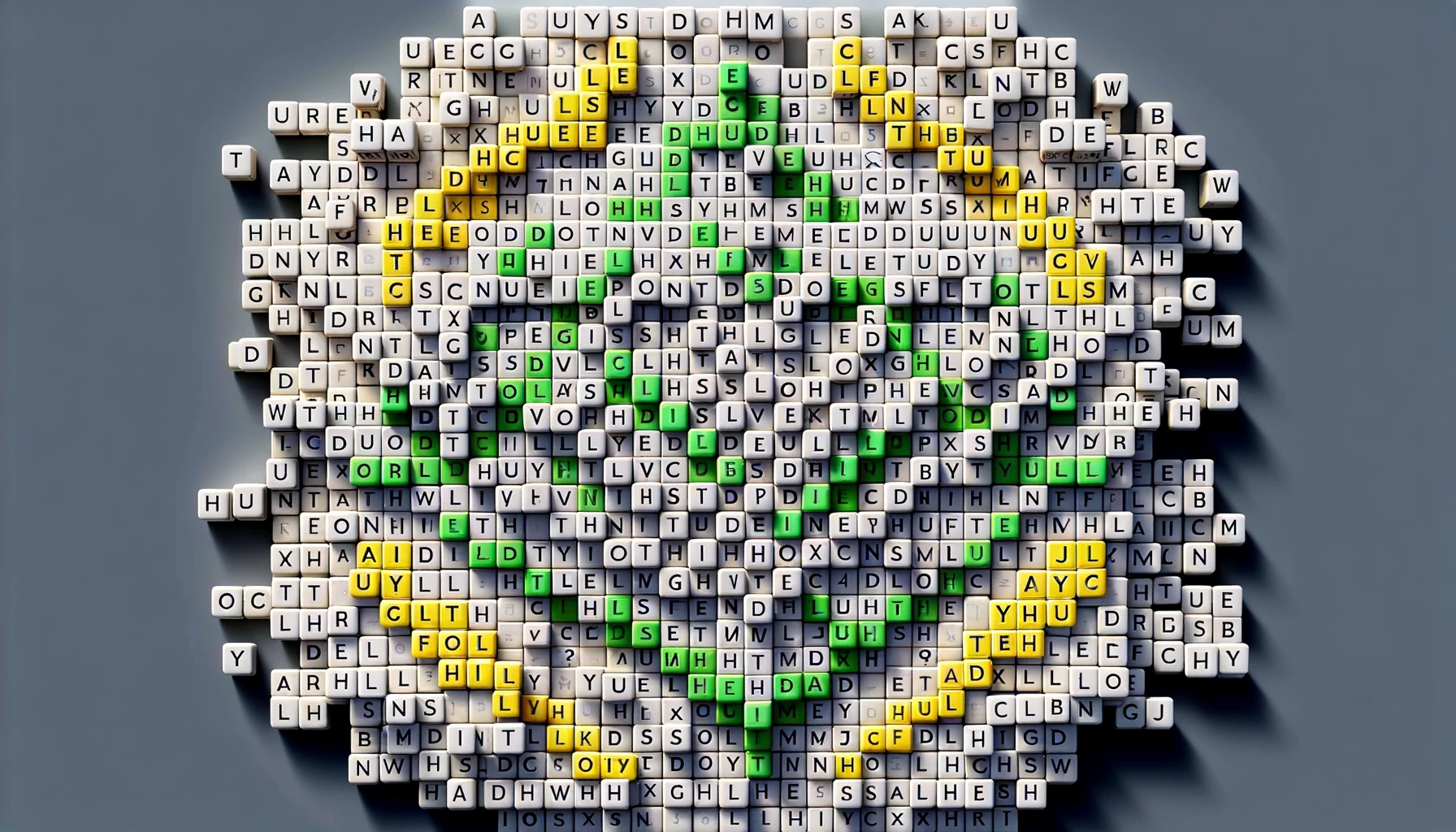The answer to the engaging word puzzle of April 13 (1029) is STEEL, a term familiar to those acquainted with construction materials and the act of bracing for something unpleasant. This revelation joins a long line of Wordle solutions that have captivated players, offering a strategic challenge that can be approached at any time before the day’s end, akin to a leisurely crossword.
Over time, Wordle has solidified its place in the digital word-game landscape, with its origins tracing back to a software engineer’s creative gift to his word-loving partner. The game’s meteoric rise in popularity led to its acquisition by a prominent news outlet for a hefty sum, cementing its status as a cultural phenomenon. In its wake, a multitude of similar word-centered games has emerged, each adding a unique twist to the formula that has proven to entice a global audience.
Why is Wordle So Engaging?
Wordle offers an intriguing blend of simplicity and cognitive challenge, encouraging players to deduce a five-letter word within six attempts. With hints like the presence of double letters or a specific metal, the game teases the brain, ensuring a satisfying puzzle-solving experience. Players begin with a strategically chosen word, typically rich in vowels and common consonants, to maximize the odds of a correct guess. Subsequent attempts build on the knowledge gained from previous guesses, with letter colors indicating the accuracy of placement.
How to Enhance Your Wordle Strategy?
Strategies for conquering Wordle evolve as seasoned players share their tactics for success. A balanced opener, avoidance of previously used answers, and the understanding that letters may repeat are all part of a winning approach. The absence of time constraints allows for a more relaxed playstyle, inviting players to step away and return with fresh ideas if stumped.
What Does Research Say About Wordle?
Scientific exploration into games like Wordle often focuses on their cognitive benefits. A particular study, published in the “Journal of Brain and Cognitive Sciences,” titled “Cognitive Enhancement through Word Games,” illustrates how such puzzles can support mental agility and vocabulary expansion. The study correlates the mental workout provided by Wordle to linguistic improvement and problem-solving skills, suggesting a positive relationship between regular gameplay and cognitive health.
Helpful Points
- Wordle can aid in cognitive and linguistic enhancement.
- Avoid reusing past solutions for a better chance at success.
- Color-coded feedback on guesses is key to refining strategy.
Wordle’s allure rests in its simplicity and the mental exercise it provides. By remembering past solutions, like WHINY, LOUSE, and BROTH, players can avoid repetition and refine their starting guesses. The game’s color-coded feedback system—black for incorrect, yellow for correct but misplaced, and green for correct placement—serves as an essential guide for narrowing down possibilities. The process of elimination and pattern recognition play critical roles in reaching the solution, which for April 13 is STEEL, a strong, greyish metal also synonymous with resilience.










